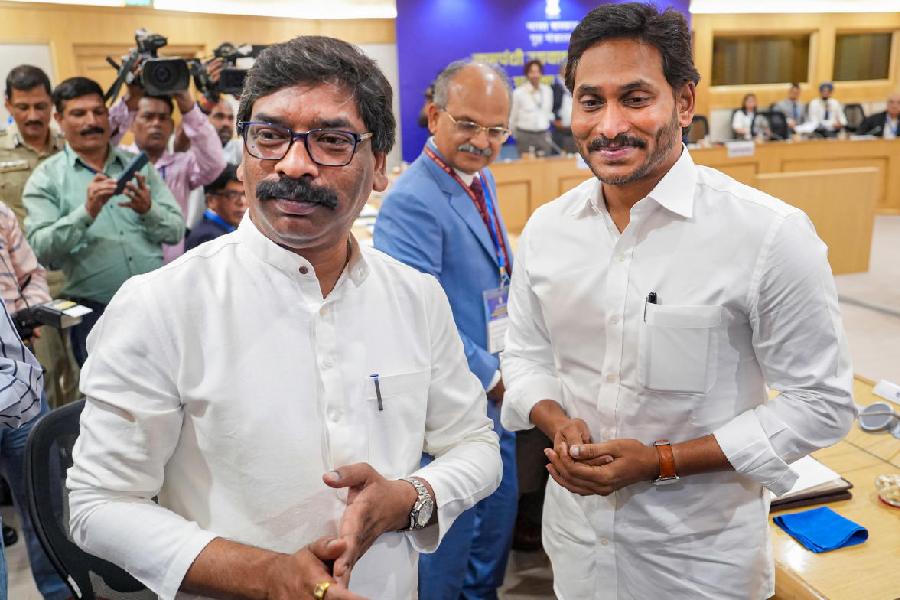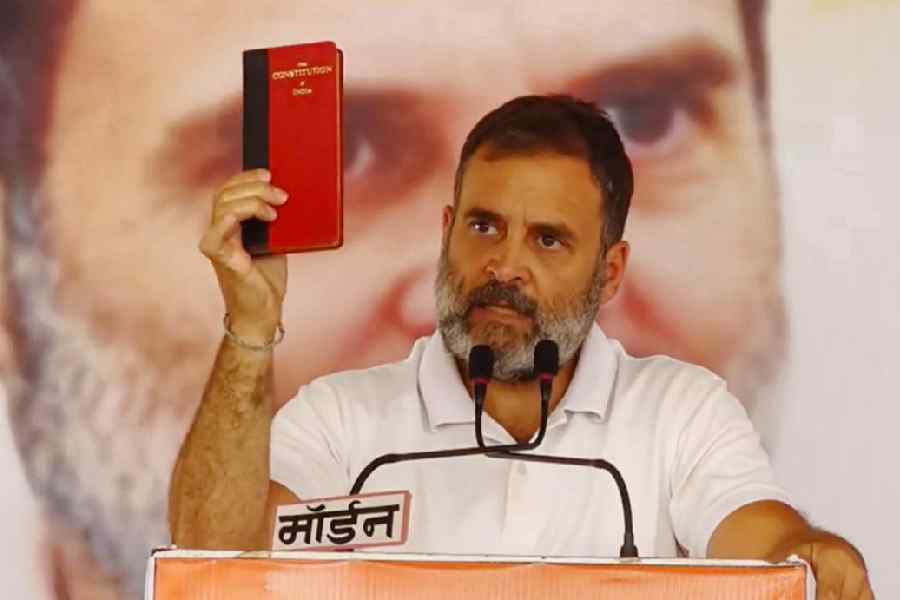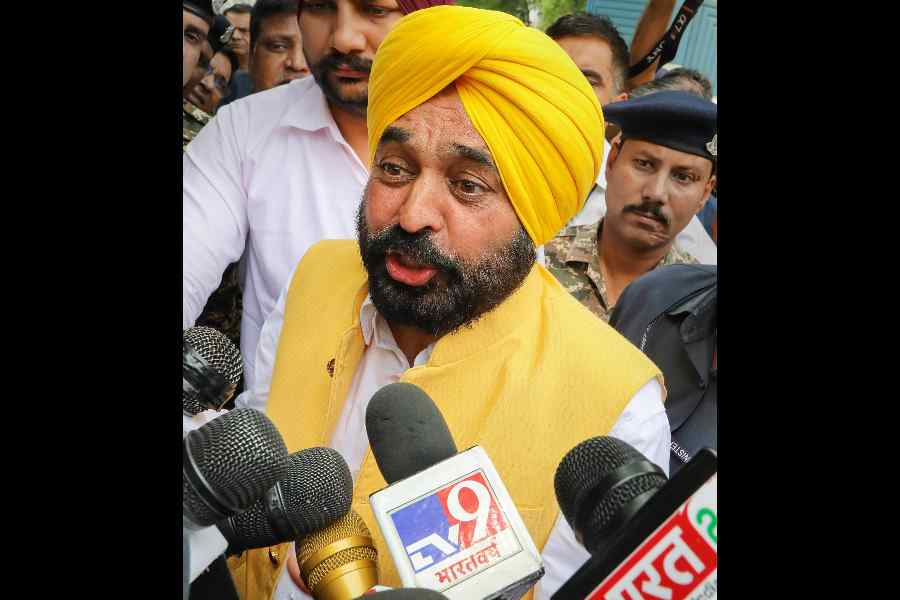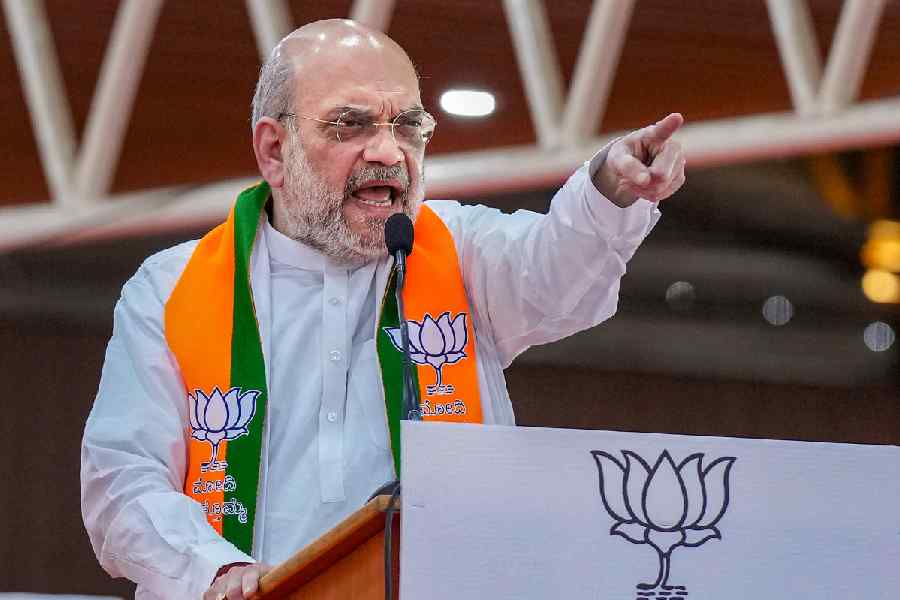Jharkhand, which already has two bureaucrats in judicial custody following the Enforcement Directorate (ED) probe in recent years, on Tuesday evening approved guidelines on dealing with notices or summons issued by “external investigating agencies”.
The Hemant Soren-led Jharkhand cabinet in its decision has made it mandatory for state officials to inform the “nodal head” or the head of the concerned department about the notices and not send records or documents directly to the agencies.
The ED in May last year arrested Jharkhand cadre 2011-batch IAS officer Chhavi Ranjan for his alleged role in illegal land deals while he was the deputy commissioner of Ranchi.
In May 2022, the 2000-batch IAS officer Pooja Singhal was arrested in the MGNREGA scam in the Khunti district of Jharkhand while she was posted as the deputy commissioner of Khunti in 2008-09.
The ED had on Saturday issued summons to Sahibganj deputy commissioner Ramniwas Yadav in the illegal stone mining case after a raid at his camp offices and residences allegedly led to the recovery of Rs 7.25 lakh cash, 21 cartridges and five shells.
He had been asked to appear before the agency on January 11.
Chief minister Hemant Soren is also facing ED summons and has so far skipped seven summons since 2023. He recently wrote to the ED terming the probe as “biased and baseless”.
The cabinet note informing about the new standard operating procedures states that once the summonses or the notices are sent, the department of cabinet secretariat and vigilance will obtain appropriate legal advice for follow-up action in the light of the facts presented.
The department will then provide necessary cooperation to the investigating agency outside the state.
The cabinet note mentions that there have been instances when investigating agencies outside the state, without providing information to the competent authority of the state government, have sent summons or notices directly to the officials and asked them to appear before the investigating agency.
In many cases, government documents or records are also demanded by the investigating agency.
The cabinet note states that such a process not only creates confusion in the concerned office but also disrupts government work. There is also
a strong possibility that the information being provided may be incomplete or inconsistent.
This adversely affects the activities of the state government and the investigation of the investigating agency outside the state.
According to the cabinet note, the cabinet secretariat should be designated as
the nodal department of the state government for taking lawful action and required cooperation in the subject
matters.
“If the state government officials receive a summons/notice (which is directly related to the discharge of their government responsibilities)… concerned officials will immediately inform the same to their departmental head… whose responsibility will be to provide factual information about such matters to the nodal department, cabinet secretariat, without any delay,” the note added.
According to the Prevention of Money Laundering Act (PMLA), the ED has the right to take cognisance of any office under its wide-ranging schedule across the country, with or without the consent of state governments.










